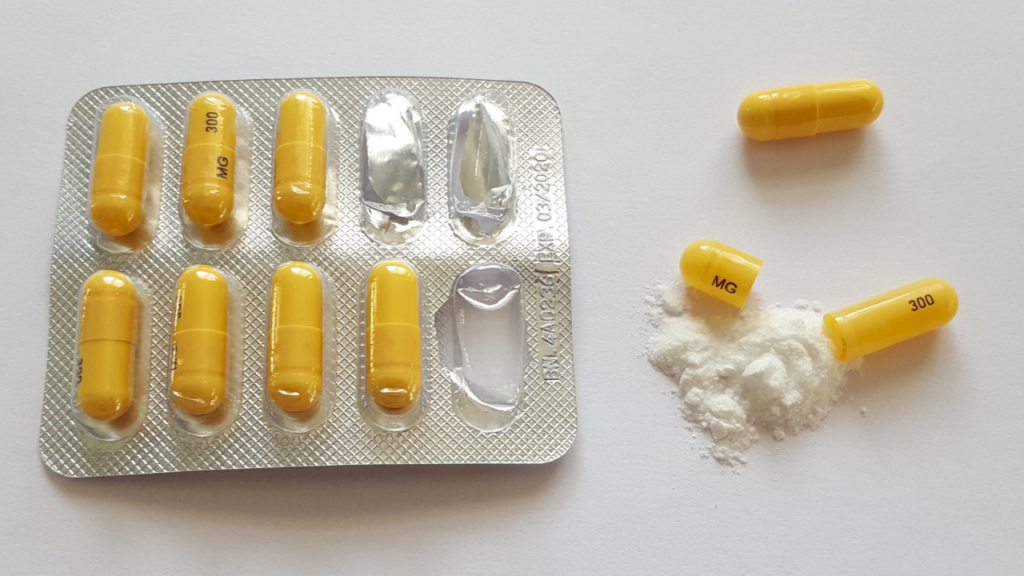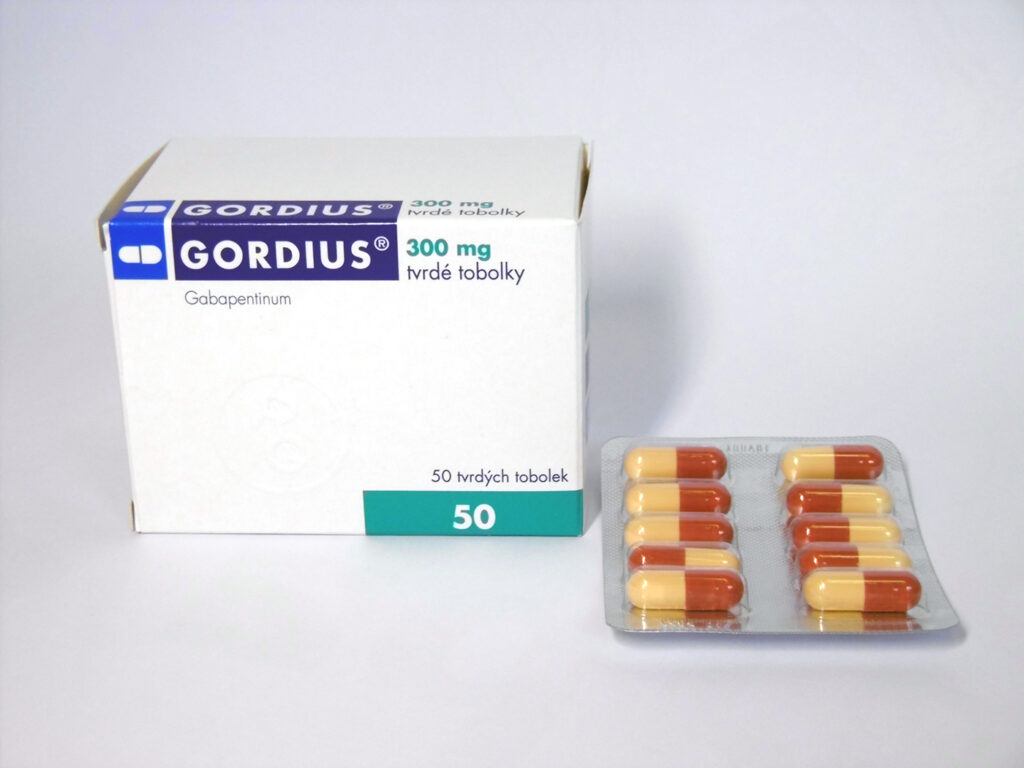In recent years, gabapentin, a medication primarily prescribed to treat nerve pain and prevent seizures, has seen an increase in off-label use, leading to growing concerns about the potential for addiction. While gabapentin is considered less addictive than opioids, its misuse has raised alarms within the medical community and among those affected by substance use disorders. This article aims to shed light on gabapentin addiction, its risks, and how individuals struggling with this issue can find support and treatment.
What is Gabapentin?
Gabapentin, known by the brand name Neurontin among others, works by affecting the way that nerves send messages to the brain. While it is effective in managing neuropathic pain and controlling seizures, its mechanism of action is not fully understood. Gabapentin is also used off-label for a variety of conditions, increasing its availability and, consequently, the potential for misuse.

The Rise of Gabapentin Misuse
Despite its lower potential for addiction compared to opioids, gabapentin can cause euphoria, especially when taken in doses higher than prescribed. This effect can lead to misuse and, eventually, addiction. Individuals may start to depend on the drug to feel normal or may misuse it in an attempt to self-medicate for issues such as anxiety or insomnia.
Signs of Gabapentin Addiction
Recognizing gabapentin addiction is crucial for seeking help. Signs of misuse and addiction can include:
- Taking larger doses of gabapentin than prescribed
- Doctor shopping to obtain multiple prescriptions
- Experiencing withdrawal symptoms when not taking the drug
- Continuing to use gabapentin despite negative consequences to health, relationships, or work
Risks Associated with Gabapentin Addiction
Gabapentin addiction can have several risks and side effects, including drowsiness, dizziness, coordination problems, and even more severe consequences such as respiratory depression when combined with opioids or other central nervous system depressants. Long-term misuse can lead to physical dependence and withdrawal symptoms, making it difficult for individuals to stop using the drug without professional help.

Treatment for Addiction
Treating gabapentin addiction involves a comprehensive approach that may include medical detoxification, counseling, and support groups. Detoxification helps manage withdrawal symptoms in a safe environment, while counseling and support groups address the underlying causes of addiction and provide strategies for coping with cravings and avoiding relapse.
Finding Help
If you or someone you love is struggling with gabapentin addiction, know that help is available. At The Bluffs Addiction Campuses, we offer a compassionate and supportive environment for individuals looking to overcome substance use disorders. Our team of experts provides personalized treatment plans that include medical detox, therapy, and long-term support to ensure that each person has the tools they need to recover and thrive.
Take the First Step Towards Recovery
Recovery from gabapentin addiction is possible with the right support and treatment. Don’t let addiction control your life any longer. Contact The Bluffs Addiction Campuses today to learn more about how we can help you or your loved one start on the path to a healthier, substance-free future. Call us at (330) 919-9228.







